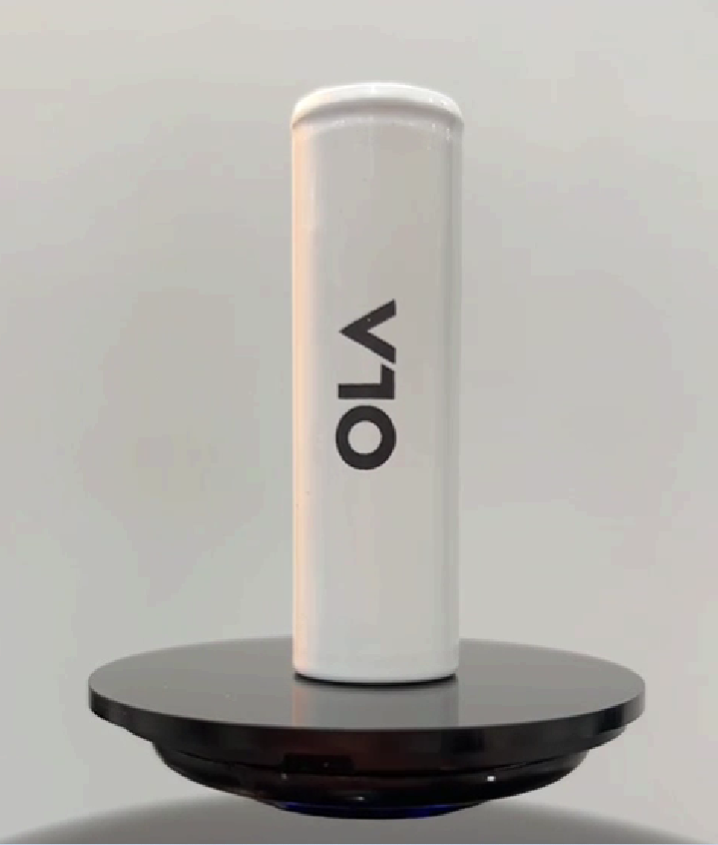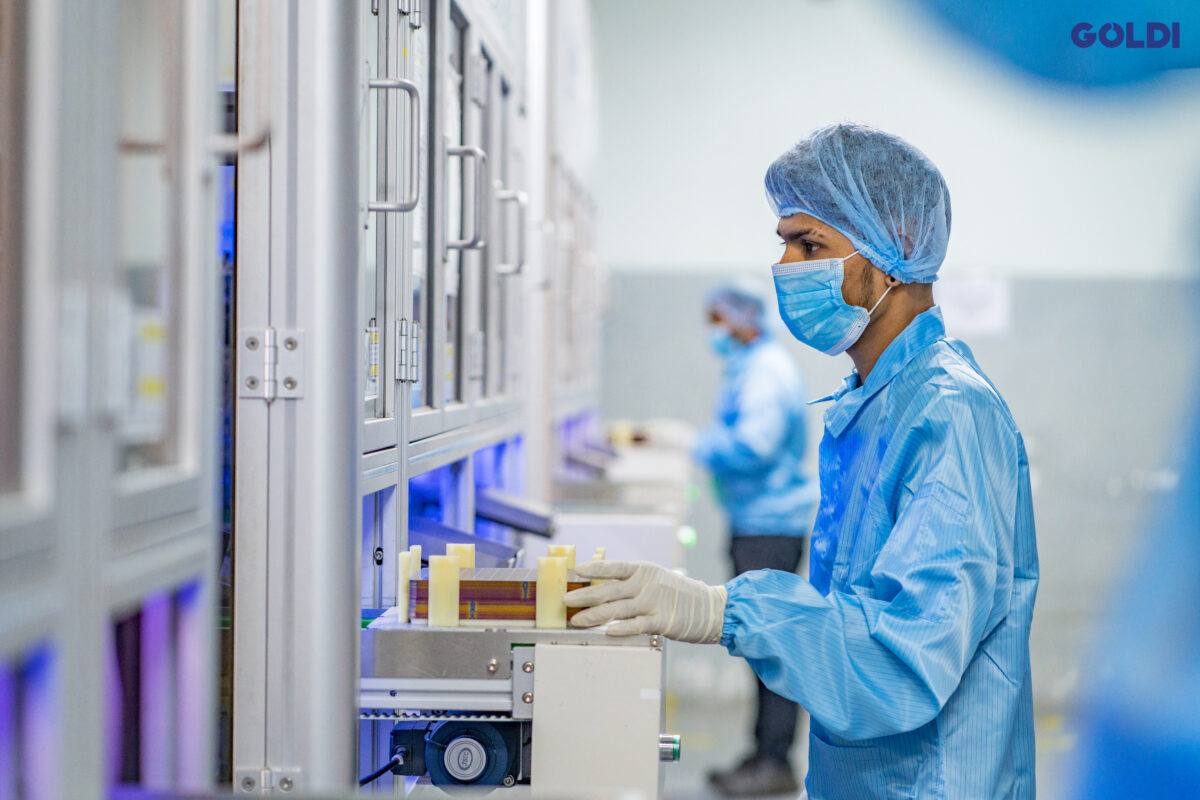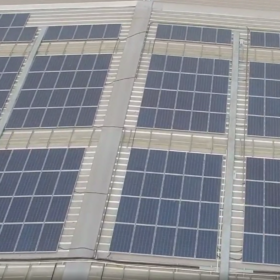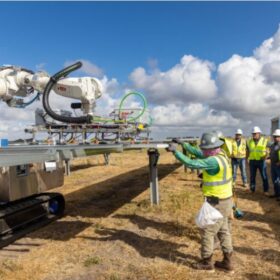Ola co-founder and CEO Bhavish Aggarwal has announced the company’s state-of-the-art battery innovation center (BIC) in Bengaluru will start operations next month. It will be one of world’s largest, most advanced cell R&D facilities, set up with a $500 million investment. The facility will employ more than 500 engineers and researchers.
The electric mobility company is investing deeply in core R&D to create advanced cell technologies as it plans large-scale manufacturing of batteries. With this, it will have a complete electric vehicle (EV) ecosystem in India with R&D across 2W, 4W, and cell, and manufacturing at a global scale.
Ola has already applied for the government of India’s $2.4-billion production-linked incentive (PLI) scheme to develop advanced cells. And it will set up a cutting-edge cell manufacturing facility with up to 50 GWh capacity in India.
The company has appointed the former CEO of LG Chem Power, Prabhakar Patil, to the Ola Electric board. Patil brings to Ola his tremendous expertise in designing batteries for some of the leading EVs around the world.
Ola has also invested in Israel-based extreme-fast charging EV battery developer StoreDot. The investment gives Ola Electric access to StoreDot’s battery technology that charges a battery from 0 to 100% in just five minutes. Ola will also have exclusive rights to manufacture batteries integrating StoreDot’s fast charge technology in India.
This content is protected by copyright and may not be reused. If you want to cooperate with us and would like to reuse some of our content, please contact: editors@pv-magazine.com.









By submitting this form you agree to pv magazine using your data for the purposes of publishing your comment.
Your personal data will only be disclosed or otherwise transmitted to third parties for the purposes of spam filtering or if this is necessary for technical maintenance of the website. Any other transfer to third parties will not take place unless this is justified on the basis of applicable data protection regulations or if pv magazine is legally obliged to do so.
You may revoke this consent at any time with effect for the future, in which case your personal data will be deleted immediately. Otherwise, your data will be deleted if pv magazine has processed your request or the purpose of data storage is fulfilled.
Further information on data privacy can be found in our Data Protection Policy.